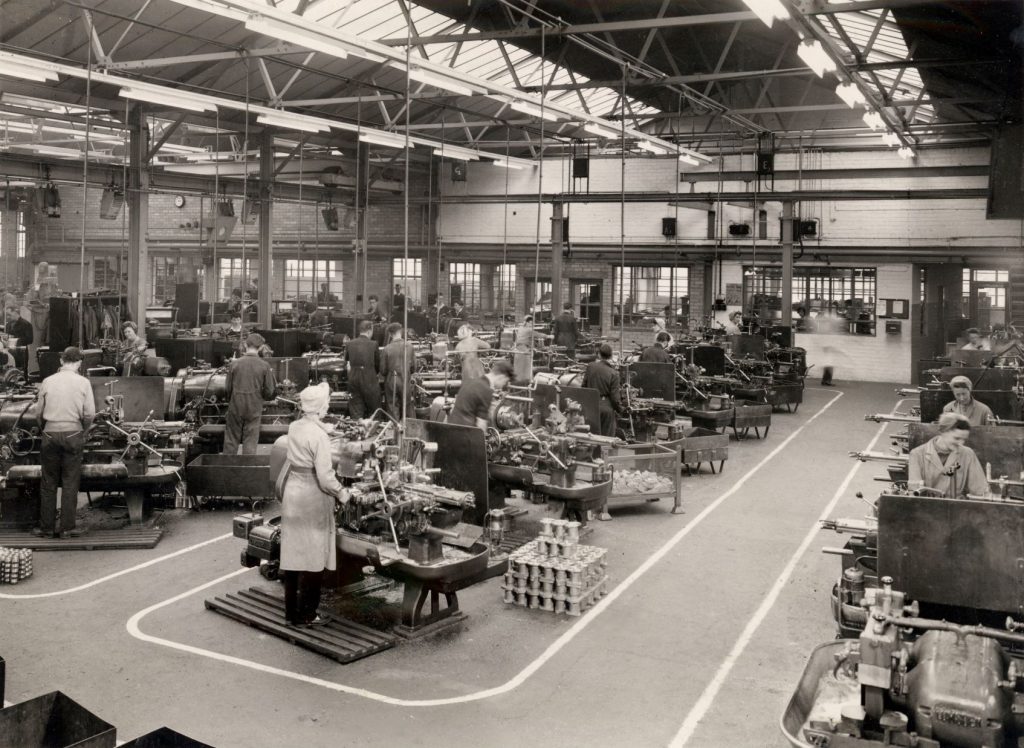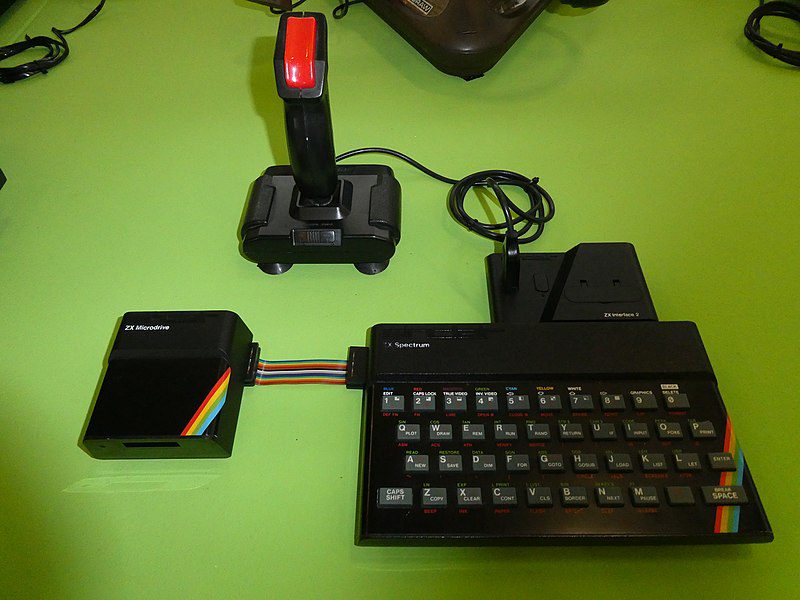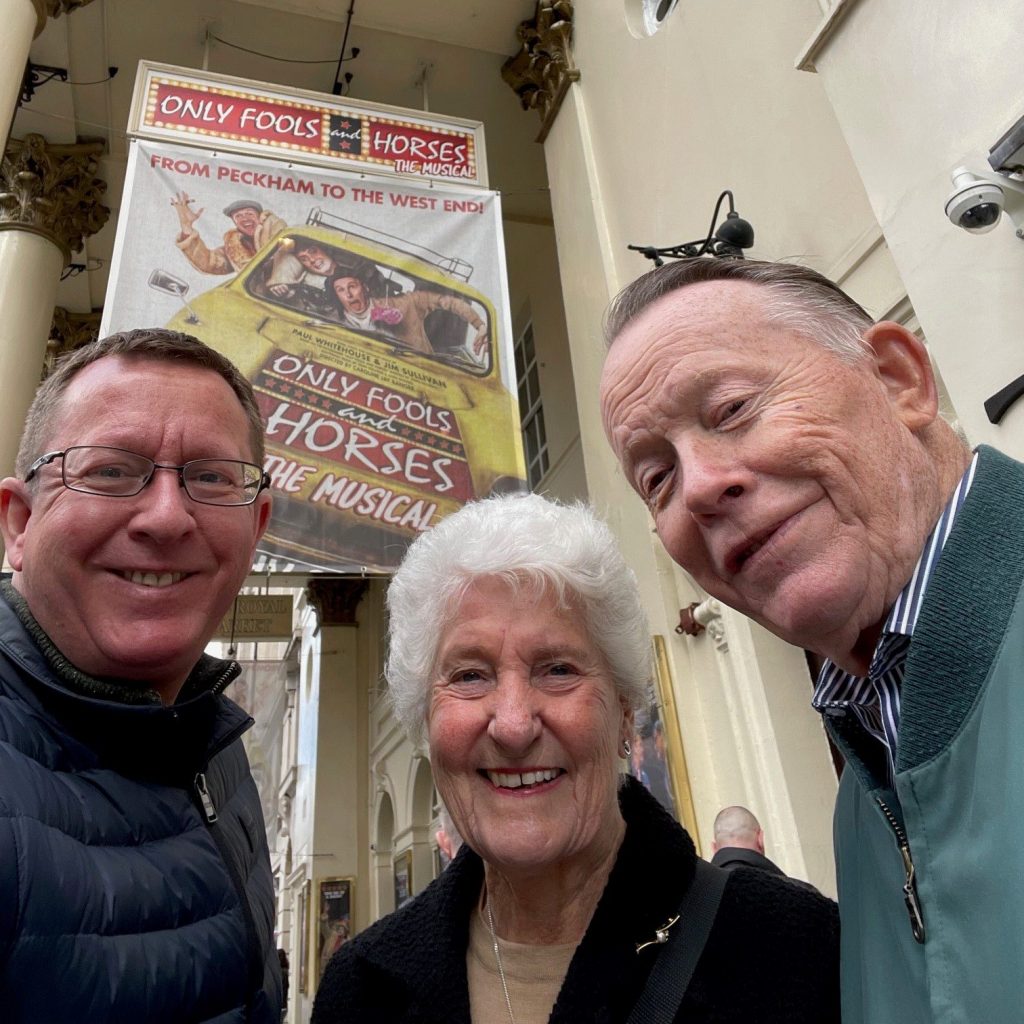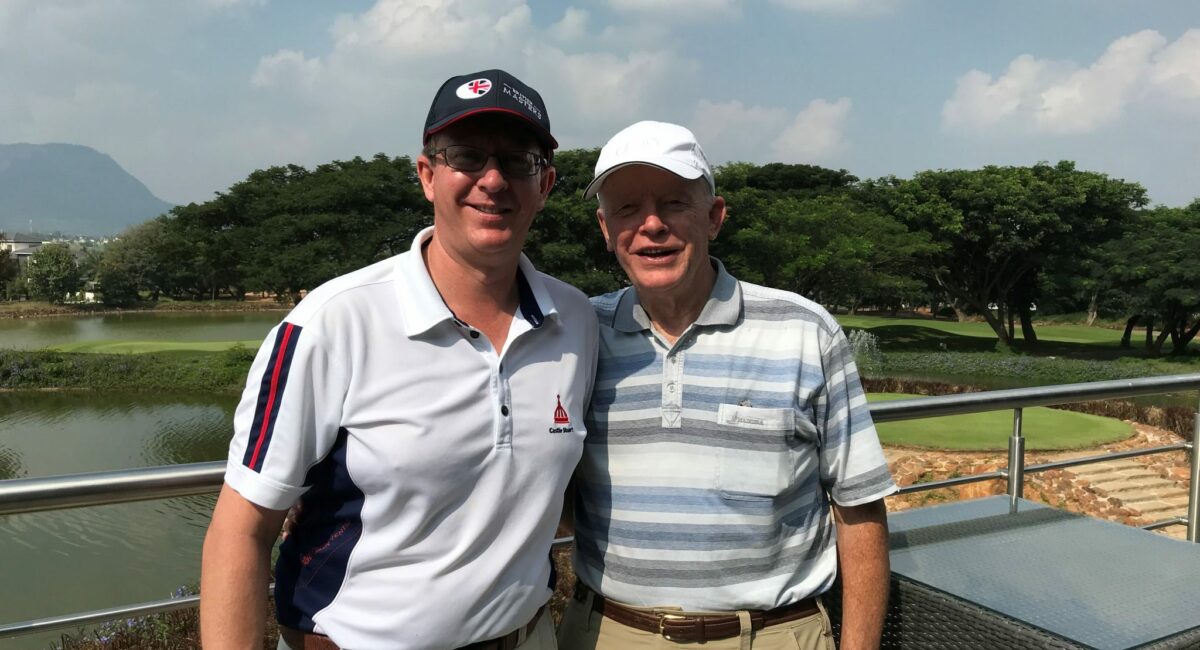At the British Engines Group, we are proud of our reputation as a family-run and family-oriented business. With many of our sites based across the North-East, we employ several generations of families from across the region.
Throughout the year we will be recognising the huge part that generations of local people have played in helping British Engines reach 100 years. As a North East employer we are extremely proud to have a number of families working in various roles across the group.
This week we spoke to Ron and Richard Dodd, a father and son who have collectively worked at the group for 100 years! Ron, who has had various senior roles throughout his time with the business, including being Chairman, now works as an Engineering Consultant, whilst Richard is CEO of the British Engines Group and group company, BEL Valves.
Can you start by telling us about your current roles at the British Engines Group?Richard: I have worked at the British Engines Group for over 30 years. I have been CEO of the British Engines Group since 2019, where I mainly work with group companies, Rotary Power, Michell Bearings, BEL Valves, Tyne Pressure Testing and our three facilities in India. Marketing of these businesses centrally reports into me and I play an active role in driving our Apprenticeship scheme. I was also re-appointed CEO of BEL Valves earlier this year having been in the position previously until 2010.
Ron: I am now an engineering consultant for the British Engines Group. This involves working with various businesses within the group to take part in quality and cost reduction exercises to help with anything to do with engineering. This month I am celebrating 70 years at the company so people often ring me up for advice or to ask what happened 20 years ago!
Can you describe your time so far working at the group?Richard: At the age of four I started coming into the business with my father on the weekends. For me, British Engines is a part of my history, life, culture and blood.
From coming in as a child and working during the weekends and school holidays, to joining the business as an apprentice and going to university whilst working at the group, you can see why British Engines is such a huge part of my life. From an engineering and manufacturing perspective, the group means a lot to me.
Ron: It’s been fantastic! Graham Lamb, Group Director at British Engines, started to work for the business when I was young and we grew very close. He would come to me when I was working to check how I was getting on with a particular project.
One of the reasons I stayed as long as I did was because of what I liked about the family. The money that was being made was invested back into the business and wasn’t being spent on fancy planes and yachts, like you sometimes see with other companies!

British Engines’ Capstan Lathe Machine Shop in the 1950s. Can you spot the two men working on a machine together in the middle? Ron is the one on the left!
Ron: I was a little rebellious when I was younger…
No one would dare say anything to senior management, but if I felt something wasn’t right, I would always speak up. One time Charles Lamb, major shareholder and Director at British Engines at the time, asked me to change something to save money on a project. My line manager told me to do what he said but I stressed I wouldn’t because the material would be scrapped and the company would lose money. He was so frightened of Charles and told me to go tell him myself. I went into his office, obviously shaking because I was young, and expressed my concerns. Charles was happy to take my advice and told us to carry on as we were. I went back into the office and all of the other engineers were laughing because they thought I had been told off. They couldn’t believe it when I told them otherwise! Find out more about Ron’s apprenticeship which began in 1952.
Ron, what made you suggest Richard join the group?Ron: I didn’t! When Richard was 15, he created a programme that took the dimensions of a component and created a technical drawing from them. Graham Lamb was walking through the technical department of BEL Valves at the time and asked what the drawing was. Once I explained, he was amazed at his work and said you better start paying him because if you won’t, I will!
I wasn’t sure about Richard joining the business as I thought it might have been a little ancestral and may not be right. Graham Lamb thought that was silly and offered him to start as an apprentice.
Richard: It’s funny actually because my father wanted me to go to another business to learn engineering in a different environment. I think my interest in computers helped sway him. When I was young I was really into programming so I bought a ZX Spectrum in 1983, an early form of the computer. The computer only had 16 kilobyte of memory, which I later upgraded to 48 kilobytes, and programs were stored on a cassette tape.
At the time, computers started coming into British Engines and my father tasked me to work with him to develop various programmes to help run the factory and design a new costing process for valve products.
Ron: I couldn’t have done a lot of it without Richard. When I took a computer home, I had to ask him how to turn it on!

A ZX Spectrum computer from 1982 (credit: Wikimedia)
Richard: AVALEST is the costing system my father and I designed together and it is the same system that is used today at BEL Valves. I did the automation programming and my father did the logic and engineering/design. AVALEST stands for ‘a valve estimating system’ and the reason it’s called that is because in those days a file name could only be 8 characters long!
How did you learn how to program Richard?Richard: I learnt how to program by reading computer books and monthly magazines, it was all self-taught really!
Ron: Richard actually programmed a spreadsheet when he was younger. I don’t mean entering into a spreadsheet, I mean actually programming one using BASIC source code, before you could even create a spreadsheet like you see today. All of the logic that sits behind the likes of Excel, Richard managed to programme at the age of ten!
What changes have you seen during your time working at the group?Richard: There’s been so many! I think the shift to digital is the biggest change and how we’ve moved from manual machines to computer controlled machines. Also, the investment that’s gone into the group and the significant change in growth is impressive. The group has gone from all businesses being located at one site in St. Peters, to the businesses having their own facilities across the North East, and covering territories around the world.
What hasn’t changed is that the business is extremely passionate about engineering and manufacturing, people and the region, and I think that is what embodies British Engines. The group is here for the region and is still one of the biggest engineering manufacturing companies in the North East.
Ron: When I joined British Engines in 1952, sales at that time were probably around £150,000 per month. The company was very small at the time and comprised of the engineering division, engine repair and foundry. In 1981, a recession hit and the business dropped off overnight. By 1983 our annual sales were £4 million per year and from that point it was Graham Lamb’s decision to split the businesses into individual companies, which is how they are today. By 1990 we had a turnover of nearly £50 million and today we are at around £150 million.
What do you think will happen at the British Engines Group over the next 100 years?Richard: The business is for sure going to continue to invest in the future. The good thing about the group is that it’s dynamic and has the ability to change direction quickly. Inevitably, the big change is the market mix and there is no doubt that eventually, fossil fuels will become significantly less of a market. Fundamentally, it’s about our ability to change and move with the market place to continue to grow in other markets. We may even acquire more businesses in sectors that are similar to the DNA of the group.
It is great to see group companies like CMP Products and Michell Bearings getting involved in nuclear and wind energy programs.
What about you Ron, what do you think will happen over the next 100 years?Ron: In 100 years who knows where we will be. Cars will probably be levitating!
Richard: If you look at Stephenson Gobin, they’re already making products for the robotics industry. In terms of technology for the future, they are moving in the right direction.
Have other companies been part of the British Engines Group?Richard: Over the years, some businesses have come and gone such as: Baric Systems, which manufactured equipment that lubricated large industrial rotating equipment, Aerial Access, which manufactured cherry pickers, and BEL Machine tools, which traded machine tools. At one point in our history we even made industrial cake mixers, the forerunner to what you see in your kitchen today.
What do you do together in your spare time?Richard: My father built me an outdoor table during lockdown, he’s very good at woodwork! We sometimes play golf together and go out for dinner with my mother, wife and daughters.
Ron: We only live five minutes away from each other which is great. During lockdown Richard made us homemade pizzas. He was bringing me one every week!
I have a funny story actually. This year, I wanted to go to London for my 85th birthday. I tried to organise the train tickets but they were either sold out or I would get distracted, so me and my wife Joan asked Richard. In the morning, we boarded the train and a guy wearing a hat and face mask came along and asked if the seat next to us was taken. I said no as it was free and he sat in the seat. I thought it was strange that the guy asked to sit there as there were empty seats in the carriage. As I sat there I thought about asking if he would move as it seemed silly. Anyway, he took off his hat and mask and it was Richard! He surprised me for my birthday and had booked the trips, restaurants and travel for the weekend. It was a really enjoyable three days.

Richard, his mother, Joan, and Ron in London to celebrate Ron’s 85th birthday
Richard: My father is an inspiration to me, our family and people who have worked with him. His work ethic is unbelievable and it’s great to see him wanting to still carry on at the age of 85!
Ron: Richard had spirit and fire from a young age. We have developed a great relationship and it isn’t just as father and son, but also as friends. I couldn’t have wished for any better.
What’s the best piece of advice you’ve had from each other?Richard: The best piece of advice my father has given me is to stay calm, relaxed and to take a balanced approach whilst treating people with respect.
Ron: I’m not sure if Richard has given me any advice, but I would say my best advice to anyone is that the harder you work, the luckier you get. You only get out of life what you put into it.
Thank you Ron and Richard for your time in showing us just a snippet of your journey through the British Engines Group and a glimpse of what is to come.
Enjoyed this? Read Kathleen and Alexandra’s story, an auntie and niece who have a total of four family members working across the group!
